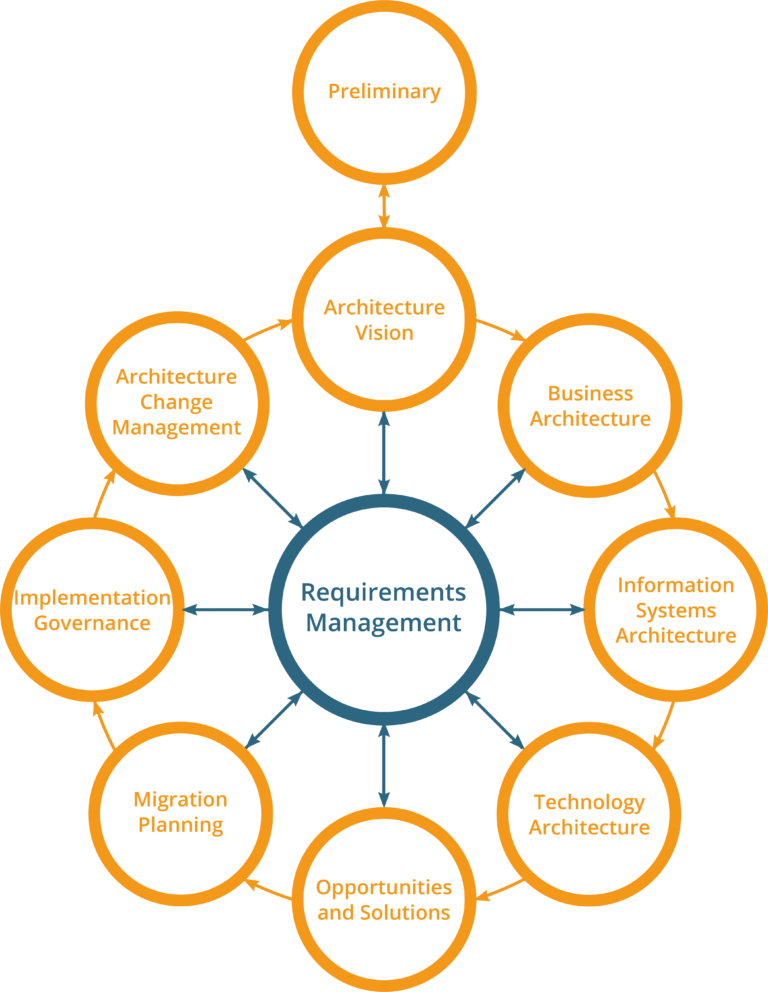Unleashing the Power of Ethical Leadership in Organizations
In today’s fast-paced and ever-evolving world, organizations are constantly striving to achieve greatness. They invest in cutting-edge technologies, hire top talent, and implement innovative strategies. While these factors undoubtedly contribute to success, there is one crucial element that often gets overlooked: ethical leadership. Ethical leadership goes beyond simply doing what is right; it involves inspiring and guiding others to do the same. In this article, we will explore the power of ethical leadership and how it can transform organizations from good to great.
The Foundation of Ethical Leadership
Ethical leadership is not a new concept, but its significance has become increasingly apparent in recent years. It is rooted in a strong moral compass and a commitment to integrity, transparency, and fairness. Ethical leaders prioritize the well-being of their employees, customers, and society as a whole. They lead by example, setting high standards and holding themselves accountable for their actions.
Building Trust and Loyalty
Trust is the foundation of any successful organization. Ethical leaders understand that trust is earned, not given. By consistently demonstrating ethical behavior, they build trust among their team members, fostering a positive work environment. Employees feel safe and secure, knowing that their leaders have their best interests at heart. This trust leads to increased loyalty and commitment, resulting in higher employee retention rates and improved productivity.
Inspiring a Shared Vision
Ethical leaders have a clear vision of where they want their organization to go, and they inspire others to share that vision. They communicate their goals and values effectively, aligning everyone towards a common purpose. By involving employees in the decision-making process and valuing their input, ethical leaders create a sense of ownership and commitment. This shared vision motivates employees to go above and beyond, driving innovation and success.
Fostering a Culture of Accountability
Accountability is a key aspect of ethical leadership. Leaders who hold themselves accountable for their actions set a precedent for their team members to do the same. They create a culture where mistakes are seen as learning opportunities, and everyone takes responsibility for their contributions. This culture of accountability promotes transparency and honesty, enabling organizations to identify and address issues promptly. It also encourages continuous improvement and growth, as individuals strive to do better and contribute to the organization’s success.
The Benefits of Ethical Leadership
Ethical leadership is not just a moral imperative; it also brings numerous tangible benefits to organizations. Let’s explore some of the key advantages that ethical leadership offers.
Enhanced Reputation and Brand Image
In today’s interconnected world, reputation is everything. Organizations with ethical leaders who prioritize integrity and social responsibility earn the trust and respect of their stakeholders. This positive reputation translates into a strong brand image, attracting customers, investors, and top talent. Ethical leaders understand that their actions reflect not only on themselves but also on their organizations. By consistently making ethical decisions, they build a reputation that sets them apart from their competitors.
Improved Employee Engagement and Satisfaction
Ethical leaders create a work environment where employees feel valued, respected, and empowered. They prioritize work-life balance, provide opportunities for growth and development, and recognize and reward achievements. As a result, employees are more engaged, motivated, and satisfied with their work. They are willing to go the extra mile, knowing that their contributions are appreciated and aligned with their personal values. This increased employee satisfaction leads to higher productivity, lower turnover rates, and a positive company culture.
Stronger Relationships with Stakeholders
Ethical leadership extends beyond the organization’s boundaries. Ethical leaders understand the importance of building strong relationships with stakeholders, including customers, suppliers, and the community. By consistently acting in an ethical manner, they earn the trust and loyalty of these stakeholders, leading to long-term partnerships and collaborations. Ethical leaders also prioritize corporate social responsibility, actively contributing to the betterment of society. These efforts not only benefit the community but also enhance the organization’s reputation and brand image.
The Challenges of Ethical Leadership
While ethical leadership offers numerous benefits, it is not without its challenges. Let’s explore some of the common obstacles that ethical leaders may face.
Balancing Ethical Dilemmas
Ethical leaders often find themselves facing difficult decisions that require balancing conflicting interests. They must navigate the fine line between profitability and social responsibility, ensuring that their actions align with their organization’s values. This balancing act can be challenging, as leaders must consider the short-term and long-term consequences of their decisions. However, ethical leaders understand that doing what is right may not always be the easiest path, but it is essential for long-term success and sustainability.
Overcoming Resistance to Change
Implementing ethical leadership practices may require a shift in organizational culture and mindset. Some employees may resist change, fearing that it will disrupt established routines and processes. Ethical leaders must effectively communicate the benefits of ethical leadership and address any concerns or misconceptions. They must lead by example, demonstrating the positive impact of ethical behavior on individuals and the organization as a whole. Overcoming resistance to change requires patience, persistence, and a commitment to open dialogue and transparency.
Dealing with Ethical Dilemmas and Misconduct
Even the most ethical organizations may face ethical dilemmas or instances of misconduct. Ethical leaders must be prepared to address these situations promptly and effectively. They must establish clear guidelines and protocols for reporting and addressing ethical concerns. Ethical leaders must also foster a culture where employees feel safe and supported when reporting misconduct. By taking swift and appropriate action, ethical leaders can maintain trust and integrity within the organization.
Cultivating Ethical Leadership
Leadership Development Programs
To cultivate ethical leadership within organizations, it is crucial to invest in leadership development programs. These programs should focus not only on technical skills but also on ethical decision-making and behavior. By providing training and mentorship opportunities, organizations can nurture the next generation of ethical leaders. These programs should emphasize the importance of integrity, transparency, and accountability, and provide practical tools and frameworks for ethical decision-making.
Promoting a Culture of Open Communication
Ethical leaders understand the value of open communication within organizations. They create an environment where employees feel comfortable speaking up and sharing their concerns or ideas. By promoting a culture of open communication, organizations can uncover potential ethical issues before they escalate. Ethical leaders actively listen to their employees, encourage diverse perspectives, and foster a sense of psychological safety. This open communication helps build trust and ensures that ethical considerations are at the forefront of decision-making processes.
Recognizing and Rewarding Ethical Behavior
To reinforce ethical leadership, organizations should recognize and reward ethical behavior. This can be done through performance evaluations, incentives, or public acknowledgments. By highlighting and celebrating ethical behavior, organizations send a clear message that integrity is valued and rewarded. This recognition not only motivates individuals to continue acting ethically but also sets a positive example for others to follow.
Embedding Ethics into Organizational Policies and Practices
Ethical leadership should not be limited to individual leaders; it should be embedded into the fabric of the organization. This can be achieved by incorporating ethical considerations into organizational policies, codes of conduct, and decision-making frameworks. By explicitly stating the organization’s commitment to ethical behavior, organizations set clear expectations for all employees. Ethical leaders should also lead by example, consistently demonstrating ethical behavior and holding others accountable for their actions.
Final Thoughts
In a world where organizations are constantly striving for greatness, ethical leadership emerges as a powerful catalyst for success. By prioritizing integrity, trust, and accountability, ethical leaders create a work environment that fosters employee engagement, stakeholder trust, and organizational excellence. While cultivating ethical leadership may present challenges, the benefits far outweigh the obstacles. Organizations must recognize the importance of ethical leadership and take proactive steps to cultivate it within their ranks. By investing in leadership development programs, promoting open communication, recognizing and rewarding ethical behavior, and embedding ethics into organizational policies and practices, organizations can unleash the power of ethical leadership and propel themselves from good to great.






